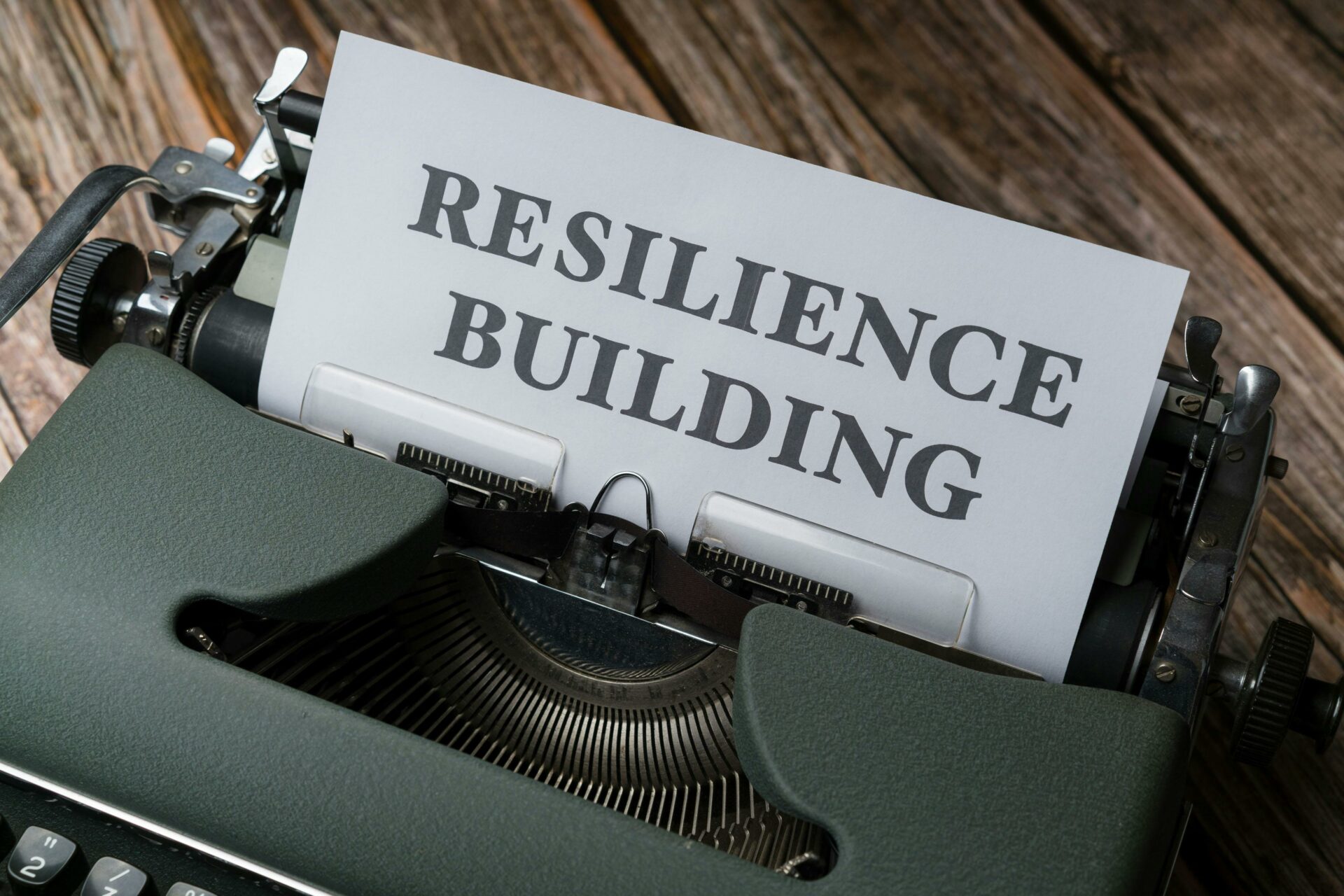The world of work has changed a lot since the pandemic hit. Companies are looking for employees who can handle new challenges and adapt quickly. Whether you’re job hunting or want to move up in your career, knowing what skills bosses want can give you a big advantage.
These aren’t just fancy words for your resume – they’re real abilities that can help you succeed in almost any job. From tech-savvy to people skills, we’ve got the inside scoop on what can make you stand out.
Adaptability

Being able to change quickly is super important now. The work world can shift fast, and bosses want people who can keep up. This means being okay with new ways of doing things, like suddenly working from home. It also means staying calm when plans change. Show you’re adaptable by learning new skills or taking on different tasks at work.
Digital Literacy

Knowing your way around computers and the internet is a must these days. This doesn’t mean you need to be a tech genius. But you should be comfortable with things like video calls, shared online documents, and basic computer programs. Practice using different apps and software to boost this skill.
Emotional Intelligence

This is about understanding and managing feelings – yours and others’. It helps you work well with all kinds of people. Bosses like this because it makes for smoother teamwork and better customer service. You can improve this by really listening to others and thinking about how your words affect people.
Critical Thinking

Being able to look at problems from different angles is super valuable. Employers want people who can think things through and come up with smart solutions. This skill helps you make good decisions and solve tricky problems. To get better at this, ask lots of questions and consider different viewpoints before making choices.
Communication

Good communication is key, especially with more remote work happening. This means being clear in your emails, speaking up in video meetings, and explaining your ideas well. It’s also about listening and understanding others. Practice by writing clear messages and actively participating in discussions.
Creativity

Coming up with new ideas is more important than ever. Businesses need fresh thinking to solve new problems and stay ahead. This doesn’t mean you have to be an artist. It’s about finding new ways to do things and thinking outside the box. Try brainstorming sessions or tackling problems in unusual ways to boost your creativity.
Time Management

With more people working from home, being able to manage your time well is crucial. This means getting your work done without someone looking over your shoulder. It’s about setting priorities, avoiding distractions, and meeting deadlines. Use to-do lists or time-tracking apps to get better at this.
Cybersecurity Awareness

As more work happens online, keeping information safe is super important. You don’t need to be a security expert, but knowing the basics helps. This includes using strong passwords, spotting fake emails, and being careful about what you share online. Learn about online safety to improve this skill.
Collaboration

Working well with others, even when you’re not in the same room, is a big deal now. This means being a good team player in video calls, online chats, and shared projects. It’s about sharing ideas, respecting others’ opinions, and doing your part. Practice by joining online group projects or volunteering for team tasks at work.
Flexibility

Being flexible means you can handle changing schedules or job duties. Employers like people who can switch gears quickly when needed. This could mean working different hours, taking on new tasks, or helping out in other departments. Show flexibility by volunteering for new projects or being open to changes in your work routine.
Self-Motivation

With more people working from home, being able to get things done on your own is super important. Self-motivated people don’t need someone to tell them what to do all the time. They take initiative and keep working even when it’s tough. Improve this skill by setting personal goals and sticking to them, even without a boss watching.
Resilience

Resilience is about bouncing back when things get hard. It’s being able to keep going even when faced with setbacks or stress. Employers want people who can handle tough times without giving up. Build resilience by facing challenges head-on and learning from mistakes instead of getting discouraged.
Data Literacy

Understanding and using data is becoming important in many jobs. This doesn’t mean you need to be a math whiz. It’s about being able to read charts, understand statistics, and use data to make decisions. Improve this skill by practicing reading graphs and reports, and trying to use data in your everyday decisions.
Cultural Awareness

As work becomes more global, understanding different cultures is key. This means being respectful and aware of cultural differences when working with people from around the world. It helps create a positive work environment for everyone. Learn about other cultures, be open-minded, and ask respectful questions to improve this skill.
Continuous Learning

The world is changing fast, and employers want people who keep learning new things. This means being curious and willing to update your skills regularly. It could be taking online courses, reading industry news, or learning from coworkers. Show this skill by always looking for ways to grow and improve in your job.
7 Phrases That Expose Low Emotional Intelligence

7 Phrases That Expose Low Emotional Intelligence
17 Phrases That High IQ People Can’t Stop Saying
